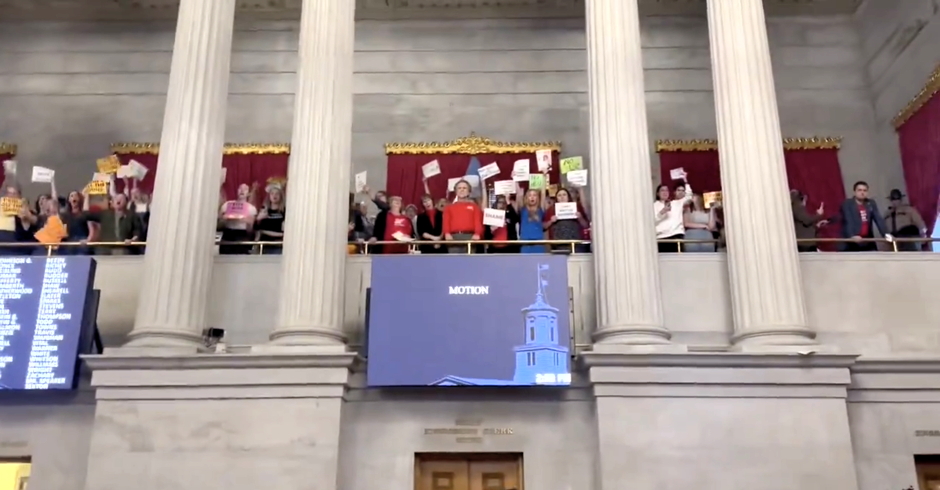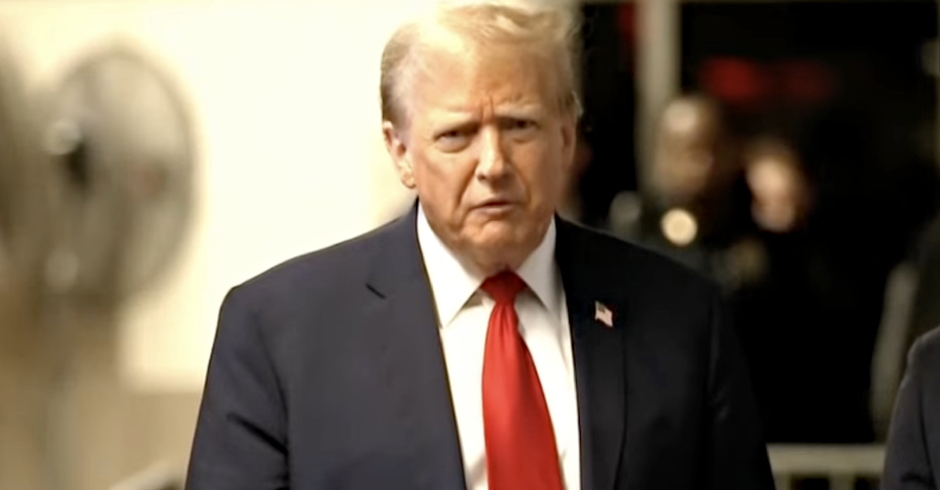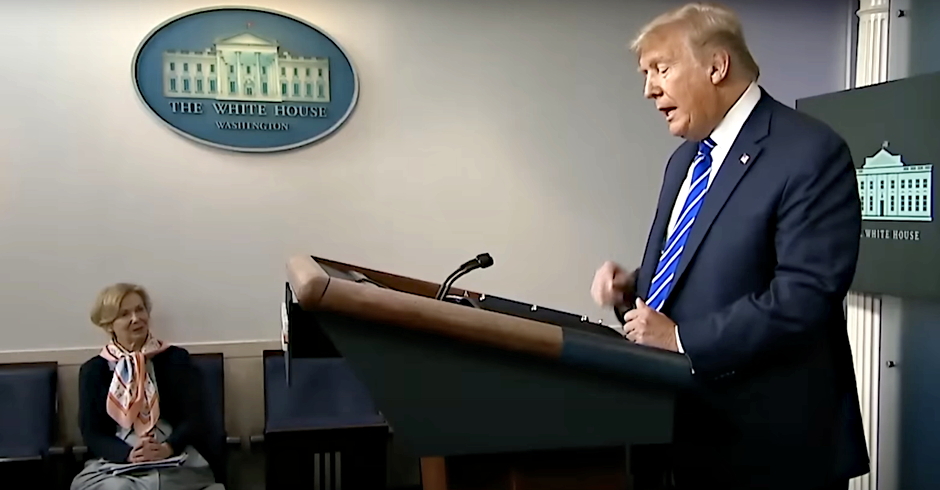LGBT Rights And The Dallas Principles: Now, More Than Ever?
Major changes within the LGBT community, such as the resignation of HRC’s Joe Solmonese, marriage equality in New York, and the official repeal of Don’t Ask Don’t Tell, remind us that now is a good time to re-visit The Dallas Principles.
Â
Given the news a few weeks ago of Human Rights Campaign President Joe Solmonese’s impending resignation and the possibility of a change of direction by HRC’s Board of Directors and his replacement, I think it is time to again take a look at The Dallas Principles, authored a little more than two and a quarter years ago.
For those not familiar with the Dallas Principles, on May 15-17, 2009 in Dallas, Texas twenty-four activists and donors, frustrated with the Obama administration’s pace of fulfilling its campaign promises to the LGBT community, gathered to discuss the immediate need for full equality for lesbian, gay, bisexual and transgender people in the United States. Collectively they prepared The Dallas Principles.
The Dallas Principles is a set of eight guiding principles to achieve full LGBT equality. The principles are:
- Full civil rights for lesbian, gay, bisexual and transgender individuals must be enacted now. Delay and excuses are no longer acceptable.
- We will not leave any part of our community behind.
- Separate is never equal.
- Religious beliefs are not a basis upon which to affirm or deny civil rights.
- The establishment and guardianship of full civil rights is a non-partisan issue.
- Individual involvement and grassroots action are paramount to success and must be encouraged.
- Success is measured by the civil rights we all achieve, not by words, access or money raised.
- Those who seek our support are expected to commit to these principles.
I think that especially the number two, “We will not leave any part of our community behind,” number six, “Individual involvement and grassroots action are paramount to success and must be encouraged,” and  number seven, “Success is measured by the civil rights we all achieve, not by words, access or money raised,” need to be considered carefully by HRC’s Board as they move forward.
Individual involvement and grassroots activism has not been encouraged by HRC and although the organization excels at raising money and gaining access, we have failed to achieve full federal equality. Many in our community feel that the organization has not been all-inclusive; that those who are transgender, people of color, the youth and women of our community have not been adequately represented. Some think that HRC has lost touch and is resistant to input from its constituency.
As a supporter of HRC, as well as the more grassroots-driven new kid on the block, GetEQUAL, I am encouraged by the possibility of a change in focus at HRC. Not that Joe Solmonese isn’t good, perhaps too good at what he does; HRC’s fundraising is impressive and many in the media and the establishment consider HRC to be the face of the LGBT community. Joe looks great on TV; he is urbane – well-mannered, well-spoken and well-dressed. Many in the beltway establishment saw us or still see us as affluent, urban dwellers in well-tailored suits and tuxes – at least those of us they choose to take seriously. The rest of us were easily dismissed as drag queens and dykes on bikes – at least that’s who they see spotlighted in the media at Pride-time.
The truth of this impression is reflected in Judge Antonin Scalia’s 1996 dissent in Romer, Governor of Colorado, et al. v. Evans et al. In Romer an amendment to the Colorado state constitution (“Amendment 2”) that would have prevented any city, town or county in the state from taking any legislative, executive, or judicial action to recognize gay and lesbian citizens as a protected class was passed by Colorado voters in a referendum. The decision in Romer set the stage for Lawrence v. Texas (2003), where the Court overruled its decision in Bowers v. Hardwick (1986), when the Court had ruled that a law criminalizing homosexual sex was constitutional.
Justice Scalia wrote (and Justices Clarence Thomas and Rehnquist concurred) that, “The problem (a problem, that is, for those who wish to retain social disapprobation of homosexuality) is that, because those who engage in homosexual conduct tend to reside in disproportionate numbers in certain communities… have high disposable income,… and of course care about homosexual rights issues much more ardently than the public at large, they possess political power much greater than their numbers, both locally and statewide.â€
This is an old, argument and sadly echoes an anti-Semitic one. In essence Scalia is regurgitating the myth and misperception that because the LGBT Community is urban, rich and vocal, it possesses disproportionate political power and is not entitled to the protections of The Equal Protection Clause of the 14th Amendment under guidelines established by previous decisions.
Is it any wonder that Scalia has this impression? For if HRC is perceived to be the face of our community, the face they have presented inside the beltway is as Scalia purported. When they concurred in their dissent, Scalia, Thomas and Rehnquist had obviously not encountered or chose to ignore the many transgender people, out rural lesbians, queer homeless youth, undocumented gay and lesbian students or African-American gay men from Mississippi, to name a few who don’t fit their stereotype of us as rich, politically powerful city dwellers.
But times have changed and a new generation of voices is demanding to be heard. Regardless of the image HRC next chooses to adopt, and I hope it will be less homogenous; the faces in our New Civil Rights Movement will be as diverse as the colors of the rainbow banners they carry and our new generation of young activists, be they lesbian, gay, bisexual, transgender, or straight allies, is much less patient and far more vocal than before.
The authors of the Dallas Principles are Juan Ahonen-Jover, Ken Ahonen-Jover, John Bare, Jarrett Barrios, Dana Beyer, Jeffrey H. Campagna, Mandy Carter, Michael Coe, Jimmy Creech, Allison Duncan, Michael Guest, Joanne Herman, Donald Hitchcock, Lane Hudson, Charles Merrill, Dixon Osburn, Lisa Polyak, Barbra Casbar Siperstein, Pam Spaulding, Andy Szekeres, Lisa Turner, Jon Winkleman, and Paul Yandura.
Â
 Stuart Wilber lives in Seattle with his partner and cat. Equality continues to elude them.
Stuart Wilber lives in Seattle with his partner and cat. Equality continues to elude them.
Â

Enjoy this piece?
… then let us make a small request. The New Civil Rights Movement depends on readers like you to meet our ongoing expenses and continue producing quality progressive journalism. Three Silicon Valley giants consume 70 percent of all online advertising dollars, so we need your help to continue doing what we do.
NCRM is independent. You won’t find mainstream media bias here. From unflinching coverage of religious extremism, to spotlighting efforts to roll back our rights, NCRM continues to speak truth to power. America needs independent voices like NCRM to be sure no one is forgotten.
Every reader contribution, whatever the amount, makes a tremendous difference. Help ensure NCRM remains independent long into the future. Support progressive journalism with a one-time contribution to NCRM, or click here to become a subscriber. Thank you. Click here to donate by check.
 |


















